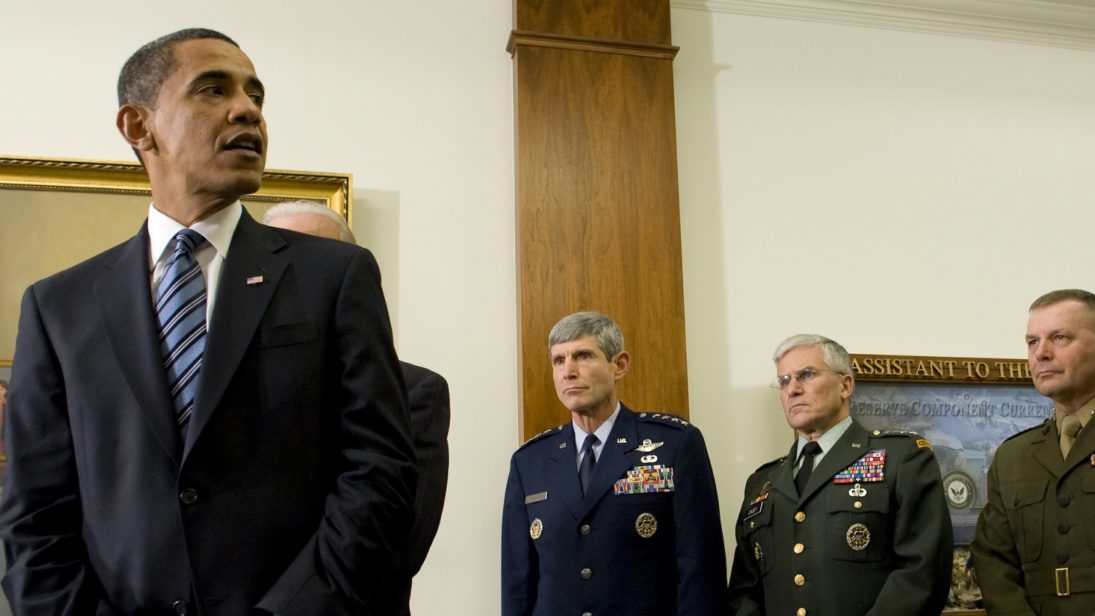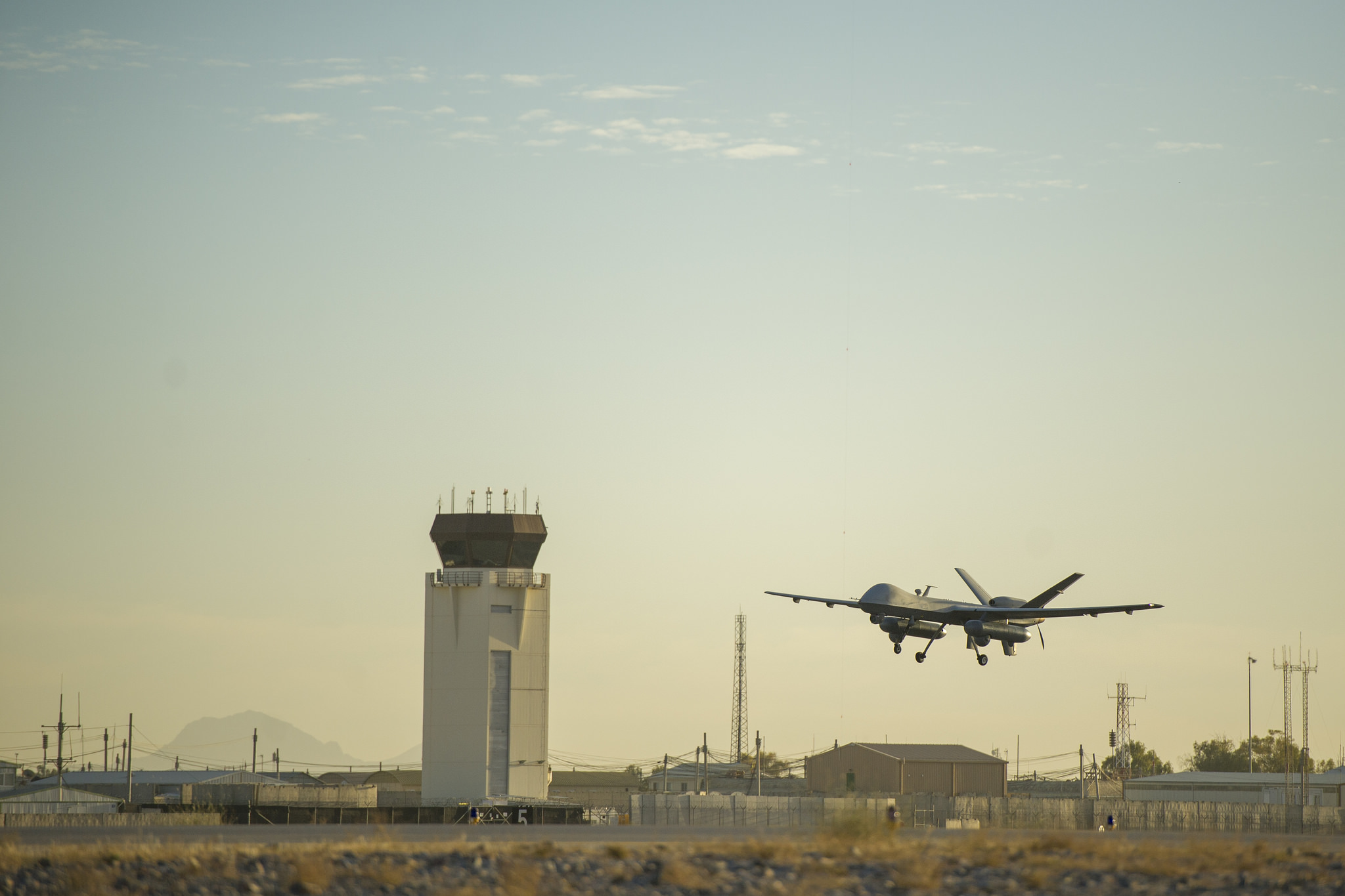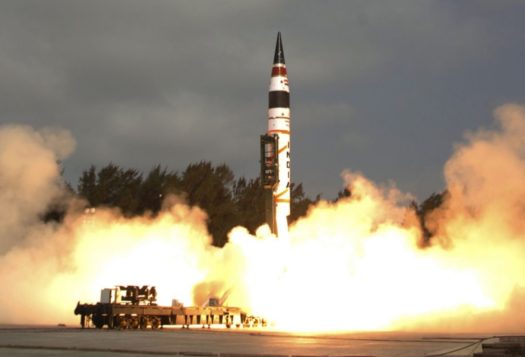
Eight years ago, a new dawn descended upon the United States with the election of the first ever African-American president, Barack Obama. Spirits were high because people believed that Obama, who won the 2008 election on the promise of change, could end wars and curb terrorism. However, these hopes did not become reality. Obama has left a mixed legacy despite immense promise in the initial years.
His legacy is marked by a combination of political compromises, strategic inertia, and reluctance in the last few years to playing a proactive role at the global level. Obama outlines his achievements as stabilizing the situation in Afghanistan and Iraq, destroying al-Qaeda’s core, killing Osama Bin Laden, averting another terrorist attack on U.S. soil like 9/11, and significantly weakening the Islamic State(IS). These assertions have some merit. However, the president’s legacy is much more nuanced than he lets on.
A close examination of Obama’s statements before he assumed office in 2008 and upon his exit from the Oval Office in 2017 reveal a discrepancy between words and deeds. During his two-term presidency, one can observe a significant shift in the president’s policies and worldview. For example, during his campaign, Obama promised that he will end the Iraq war. Instead, he sent 5,000 troops to Iraq even after withdrawal in 2011, an additional 30,000 troops to Afghanistan, and around 500 troops to Syria. His inability to shut down Guantanamo Bay also exposes the disconnect between the president’s rhetoric and reality.
Obama’s policies in the Middle East, Central Asia, and North Africa have arguably institutionalized the war cycle and fueled terrorist ideologies and recruitment. It is noteworthy that Obama repeatedly pursued alternatives to putting boots on the ground such as Special Forces covert operations, drone strikes, and military technology in order to be mindful of the dangers of escalation and American casualties. However, his massive drone program proved counterproductive by fostering anti-American sentiments, and military interventions with humanitarian pretexts added to destabilization rather than leading to improvement.
In Iraq, it can certainly be argued that American troop withdrawal led to the ascent of the Islamic State, allowed Nuri-al Maliki to pursue his sectarian agenda, and enhanced the influence of Iran-backed Shiite militias in countering the Islamic State. This withdrawal also deprived the United States of intelligence on the ground, policy control, and the ability to counter IS. Obama rectified this issue by backing Iraqi Prime Minister Haider al-Abadi and sending troops and advisors to train Iraqi forces. However, this was too little too late. Though IS has lost almost all of its territory in Iraq, reliance on Shiite militias to counter IS influence has sown the seeds for future sectarian conflicts.
The situation in Syria is far worse than Iraq. Obama’s hands-off policy from 2011-2012 and failure to assist the opposition against Assad proved to be strategic miscalculation. Furthermore, the maxim “when we recede, our enemies advance” explains how the Kremlin and Tehran have gained more influence at Washington’s expense. Syria has proved a deadly conflict with many local, regional, and global actors. The refugee crisis, civil-war, and expanding influence of jihadi outfits have made it a hotspot for regional and global instability. Obama isn’t solely responsible for this mess but his strategic restraint went too far, and could have prevented this from happening.
The third U.S. intervention aiming for regime change since 2001 was in Libya. The initial mission was to save civilians in Benghazi, but it later expanded to toppling Gaddafi. After defeating Gaddafi, no post-conflict strategy for nation-building was implemented. In the absence of any such plan, rival militias plunged into feuds for power, which created an opportunity for IS to transform parts of the country into jihadist strongholds. Growing unrest and jihadist influence have rendered Libya a widening arc of instability in the region, especially considering its close geographical proximity to Europe and Africa. Obama technically “won” the war in Libya, but peace was not maintained, and the country was left in chaos and turmoil.

In Afghanistan, Obama’s policies created a cycle of hope and despair, and the situation remains uncertain and volatile. His pledge was to end the war, yet he sent more troops, which worked only temporarily. The troop surge, aimed at reversing the momentum of Taliban and buying time to build the Afghan Army, did not bring about any real progress in the conflict. Later, in May 2014, he declared he would withdraw every U.S. soldier, yet after seventeen months he halted withdrawal once again. The president’s back-and-forth between troop withdrawals and surges has failed to lead to any significant or sustainable progress in Afghanistan, and instead it has created an atmosphere of uncertainty and volatility. Obama also sought to engage in a dialogue with the Taliban, the declared terrorists who harbored al-Qaeda, as a potential stakeholder for viable peace. Despite these changes, peace remains elusive in Afghanistan and the Taliban control more territory than any time since 2001.
Obama has left a mixed legacy. While his disciplined strategic restraint policies did stabilize the situations in Iraq and Afghanistan for a time, progress was fleeting. Obama’s early idealism and pledges did not translate into lasting accomplishments. His reliance on technology and resistance to putting boots on the ground marked a new addition to the war lexicon and practices. Weakening the al-Qaeda and Islamic State cores and hunting down Osama Bin Laden are significant successes, but he will still be remembered as a war president.
***
Editor’s Note: Click here to read this article in Urdu
Image 1: Flickr, The U.S. Army (cropped)
Image 2: Flickr, U.S. Department of Defense


